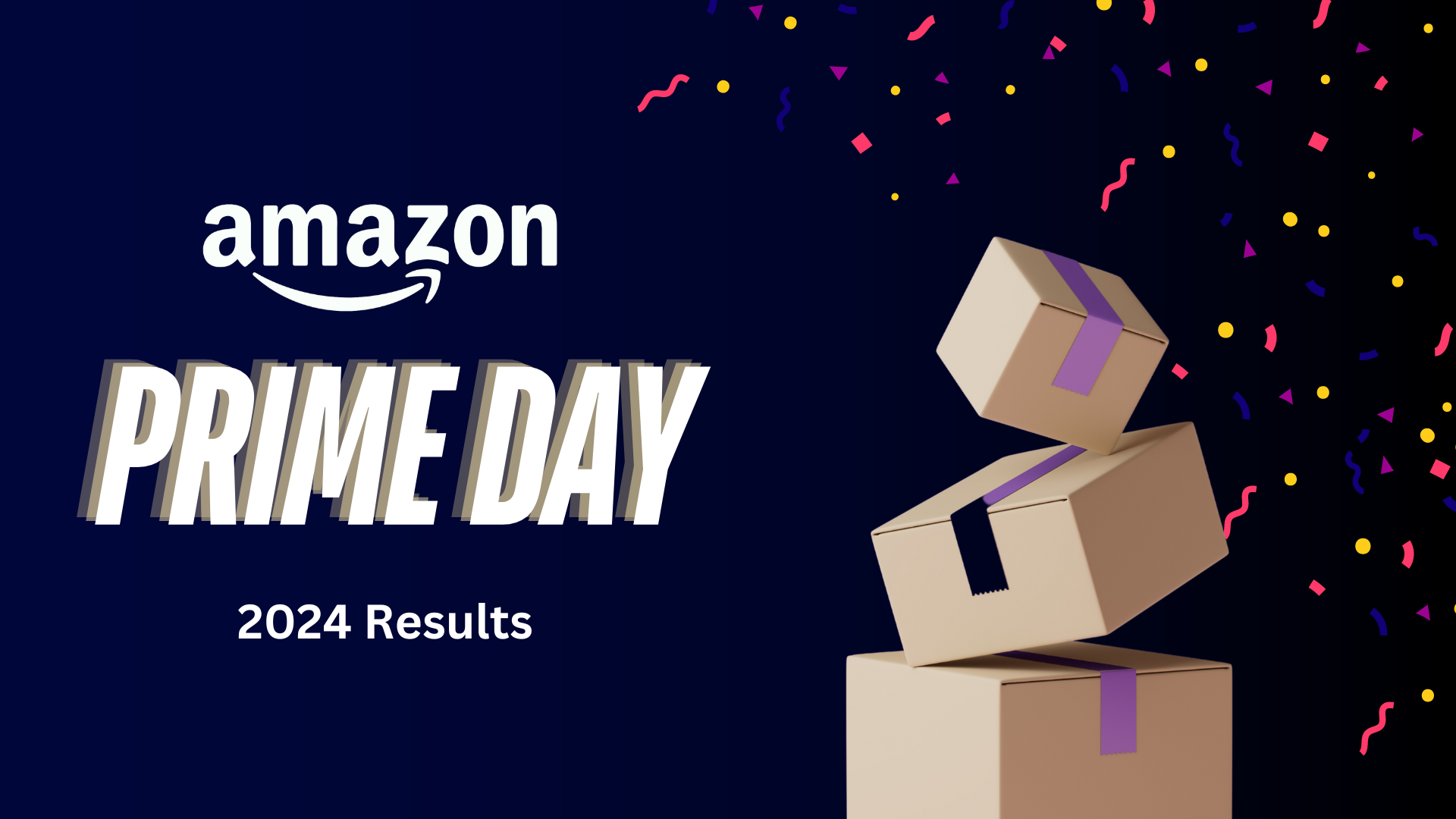https://www.youtube.com/watch?v=QKJpt7SLWQU
If you have been in the digital marketing industry for a little while, you may have heard some claims being made that “SEO is Dead”. There are over 5 billion searches on Google every day so why do some people make this claim?
The one constant that is guaranteed: CHANGE. Google is constantly evolving. Their main goal from their search engine is to provide the most relevant results to a searcher’s query. Because of this, Google updates its algorithm daily with several large core updates a few times a year. Why? To create a smarter algorithm that provides better results and interactions with their users. What this means on the SEO front is that there are more complex factors that have to be taken into consideration. Let us be clear, SEO is NOT Dead. What is dead are outdated strategies that are formed by some widely adopted misconceptions of SEO.
Common Misconceptions about SEO
- SEO is simply putting a keyword on the page.
- Keywords do not matter anymore.
- In order to rank, you just need to buy a bunch of backlinks.
- You cannot optimize your website for SEO anymore.
- Rankings are everything.
- Content marketing has replaced SEO.
When I tell people that I do SEO, they simply brush it off and say something like “oh, I’ve done SEO on my web page before. It is just putting a few keywords on a page.” I just laugh a little and say it’s a bit more than just keywords. I have heard others say keywords aren’t important anymore. While it is true that the keywords meta tag is obsolete, having keywords on the page and optimized in your metadata is still very important.
Another common misconception is that if you have a bunch of backlinks then you will rank for your keyword. Offsite profiles are much more complex than that. Quality is much more important than quantity. In fact, having a bunch of the wrong backlinks can hurt or penalize your website.
Some people, even our clients, believe that keyword rankings are everything. Organic web traffic is, in fact, much more in-depth than that. When performing an analysis of organic traffic and keywords, it is important to look at things like the growth of organic traffic, the growth of traffic per keyword, the growth of organic conversion, and organic conversions per keyword. If you rank really well on a keyword that does not grow your organic traffic or drive conversions, proving RIO for your SEO efforts is going to be difficult.
Finally, another big misconception that we hear going around in the digital marketing industry is that content marketing has replaced SEO. This is another fallacious claim and, in fact, SEO and content are very much intertwined in today’s organic search algorithms. Having strategic keyword-driven content on your pages is vital to driving the correct qualified traffic to your website.
Why SEO is Very Much Alive
SEO is still a vital part of a company’s digital marketing strategy. According to a study by Bright Edge, organic traffic accounts for 51% of web traffic. There are over 2 million searches performed every minute. Any company that has a digital presence that is not pursuing SEO as a channel to grow their business is missing out on vital opportunities. If you run AdWords, this does not mean that you will automatically show up in organic listings. The second you turn those ads off, your search presence disappears. SEO, on the other hand, is a strategy with long term effects. It can take some time to rank organically but it is FREE, meaning that you do not have to pay Google to show your website to potential customers. While keyword stuffing and buying thousands of backlinks may be outdated, Google still wants to rank sites that you want to see. This has caused SEO strategies to shift focus onto intent-based keyword strategies, local search factors, on-page factors, off-page factors, and technical SEO. Below is a further explanation of what goes into the Google algorithm today and some different factors that our team of SEOs looks into daily for our clients.
What Goes into Google’s Current Ranking Algorithm?
This is a very loaded question. That is like saying what does it take to launch a rocket into space. While space travel and digital marketing are two very different things, the point here is that there are a lot of different factors (over 200 direct factors) and elements that go into Google’s organic ranking algorithm. This is why an SEO strategy takes a significant amount of time to reach maturation. Below is an abridged version of some of the different factors we look at when designing and implementing SEO strategies at Techwood.
Domain Factors
- Age
- Keywords in the domain
- Domain registration length
- Domain history
Page-Level Factors
- Keywords in metadata and h1
- Keyword frequency (TF-IDF)
- Content length
- Table of contents (in page anchors)
- LSI keywords in content
- Depth of topic covered
- Page speed
- Duplicate content
- Page structure
- URL (length and keywords)
- Bullets and numbered lists (featured snippets)
- UX of site
Site-Level Factors
- Domain authority/ TrustRank
- Site architecture
- Topic value of content
- Contact page – make sure this matches your Who Is information
- Sitemaps
- Site uptime
- Server location
- SSL certificate
- Terms of Service and Privacy Pages – Increases EAT
- Duplicate meta info across the site – Brings down the visibility of all pages
- Breadcrumbs in navigation
- Mobile optimization
- Youtube integration
- Site usability
- User reviews/Site reputation
Backlink Factors
- Linking domain age
- Number of links to the root domain
- Number of links from separate ips
- Number of linking pages
- Anchor text
- Spam
- Homepage authority
- Diversity of link types
User Interaction
- RankBrain
- User CTR
- Organic CTR for all keywords
- Bounce rate – Pogo sticking
- Direct Traffic
- Returning Traffic
- Number of comments
- Time on page/time on site
Special Google Algorithm Rules
- Featured Snippets – Content, formatting, page authority, https
- Query deserves diversity
- Query deserves freshness
- User search history (reviews)
- YMYL (EAT) – must be higher quality
Brand Signals
- Brand name as anchor text
- Brand name searches
- Brand + keyword searches
- Social media and likes
On-Site Webspam Factors
- Panda penalty – low-quality content
- Interstitial pop-ups
- Pop up ads
- Over-optimization
- Gibberish content
- Ads above the fold
Off-Site Webspam Factors
- Site hack
- Penguin penalty
- Link profiles with a high % of low-quality links
- Links from unrelated websites
- Links from low-quality directories
What Does the Future of SEO Look Like?
SEO will constantly be evolving to provide users with the best experience possible. A lot of their core algorithm updates come from machine learning data so it can be hard to pinpoint how SEO will shift as technology and digital interactions increase. Below are some things that I personally believe will be ever-increasing factors for the SEO landscape of tomorrow.
User Interactions
User interactions will be more heavily favored (RankBrain) in the future along with a better way of incorporating trending data. Users are going to want to engage with the most up to date and current brands. This means companies will need to be on the cutting edge of their industry, a thought leader, and incorporate content on their website to reflect this. It will be even more important that companies engage with their customers digitally, and coupled with SEO, they need to be building a strong brand so that brand marketing and SEO can directly benefit one another.
Aggregation
People will leave Google less. Google will continue to aggregate more information from their web directly into their search engines. Technical SEO and on-page coding with things such as schema markup will be ever important moving forward.
Demand for SEO as Search Engine Traffic Increases
I believe that the amount of web traffic from search engines will only continue to grow based on trending statistics. Businesses are going to want to show up in results. Some will fundamentally not want to pay for it and others will have times where their budget does not allow for it. They are going to want to have a competitive advantage in the organic space and rank well for industry-relevant queries. Others are future-minded and know SEO is all about the long game. In that regard, there will be a need for SEO, and SEOs around the world will be here ready to help people reach their business goals on that front.
Connect
We would love to connect with you! If you want to know how search can further help you achieve your business goals, or if you just want to talk SEO and more of what the future has in store, please connect with us! We would love to have a conversation with you.

